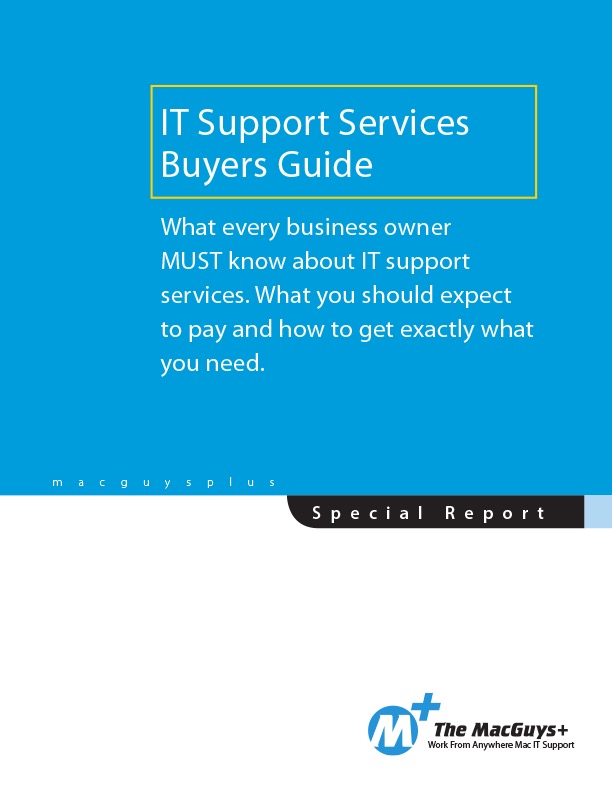
It's a common myth that regulatory compliance is only a concern for large corporations. However, in 2025, small businesses are facing increasing pressure to meet evolving compliance standards, particularly in areas such as data protection and consumer privacy.
Top Regulations to Know in 2025
HIPAA (Health Insurance Portability and Accountability Act)
If your business handles protected health information (PHI), HIPAA compliance is non-negotiable. Key requirements include:
- Encrypting electronic PHI
- Performing regular risk assessments
- Training staff on data security
- Developing a breach response plan
In 2024, a small healthcare provider was fined $1.5 million by HHS for lacking proper safeguards, highlighting that small organizations are not exempt from enforcement.
PCI DSS (Payment Card Industry Data Security Standard)
Any business that processes credit or debit card payments must comply with PCI DSS. This includes:
- Secure storage and encryption of cardholder data
- Ongoing network security monitoring and testing
- Proper firewall implementation
- Limiting data access based on job roles
Fines for noncompliance can range from $5,000 to $100,000 per month, depending on the extent of the issue.
FTC Safeguards Rule
If your business collects or stores consumer financial data, you're expected to:
- Maintain a written security plan
- Assign a qualified individual to manage safeguards
- Conduct periodic risk assessments
- Use multifactor authentication for data access
Recent updates to this rule have increased enforcement and penalties, with fines reaching up to $100,000 per incident for businesses.
Five Steps to Improve Your Compliance Posture
- Assess Your Risks – Regularly evaluate systems for vulnerabilities.
- Update Security Measures – Implement encryption, firewalls, and multifactor authentication.
- Train Your Team – Ensure employees understand their roles in compliance.
- Develop a Response Plan – Prepare for potential breaches with a clearly defined process.
- Work with Experts – Consider partnering with professionals to help navigate complex compliance requirements.
Final Thoughts
Compliance is more than a box to check—it's foundational to long-term business stability. Whether you handle health data, process credit card payments, or collect consumer financial information, staying ahead of evolving requirements is essential.
Need help assessing your current setup? A proactive approach can prevent avoidable issues down the line.
Click here to book your FREE Network Assessment Now.






